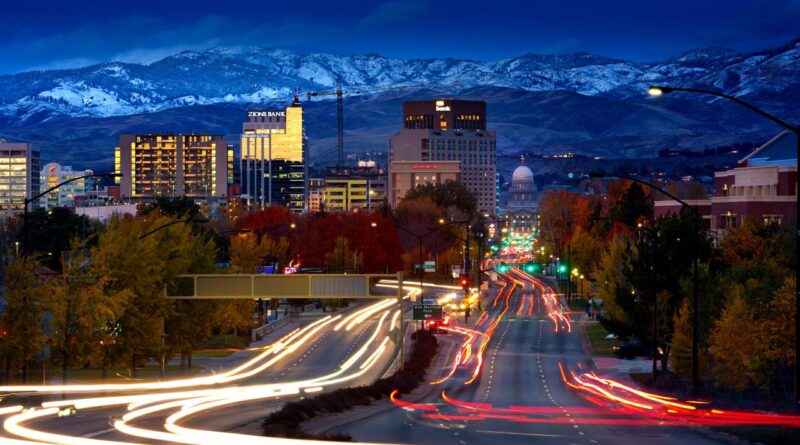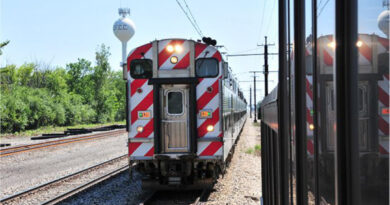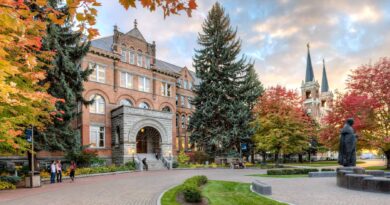History Of Boise Idaho
Boise, the capital city of Idaho, is a city steeped in history and tradition. Located in the southwestern part of the state, Boise has a rich and fascinating history that has helped to shape the city into the vibrant and thriving community that it is today. From its early days as a frontier settlement, to its growth as a major center of commerce and culture, the history of Boise is a story of perseverance, innovation, and growth.
The area that would later become Boise was originally inhabited by Native American tribes, including the Shoshone-Bannock and the Paiute. These tribes lived off the land, hunting, fishing, and gathering resources from the surrounding wilderness. In the early 1800s, fur trappers and traders began to explore the area, and by the mid-1840s, the first permanent settlements had been established.
One of the first settlements in the area was Fort Boise, established in 1834 by the Hudson Bay Company. The fort was used as a trading post for fur trappers, and was an important stop for travelers on the Oregon Trail. Over the next few decades, the settlement grew and became a hub of activity for the surrounding region. In 1863, Boise was incorporated as a city, and by the late 1800s, it had become a major center of commerce, with a thriving mining, agriculture, and lumber industry.
In the early 20th century, Boise continued to grow and develop. The city became a hub for transportation, with the arrival of the railroad and the establishment of a major airport. In the mid-1900s, Boise experienced a period of rapid growth and development, with the city’s population skyrocketing and new industries and businesses emerging. In the 1960s and 1970s, Boise was transformed into a modern city, with the construction of new highways, shopping centers, and housing developments.
Throughout its history, Boise has been known for its strong sense of community and its commitment to progress. The city has always been a leader in the region, and has been a driving force behind many of the major developments and innovations in the state of Idaho. Today, Boise is a thriving city, with a thriving economy, a vibrant arts and culture scene, and a rich and diverse community.
Boise is also a city of firsts. In the early days of the city, Boise was one of the first to have a public library and a women’s club, and it was one of the first cities in the nation to have electric lights and a telephone system. Over the years, Boise has continued to lead the way, with the establishment of the first university in the state, the first law school, and the first business college.
In recent years, Boise has become a popular destination for tourists and visitors, with a growing tourism industry that attracts millions of people each year. With its rich history, its thriving economy, and its vibrant arts and culture scene, Boise is a city that truly has something for everyone. Whether you’re interested in history, nature, or modern culture, you’ll find something to love in Boise.
In conclusion, the history of Boise, Idaho is a story of growth, innovation, and perseverance. From its early days as a frontier settlement, to its present status as a thriving city, Boise has always been a leader in the region, and a beacon of hope and progress. Today, Boise is a city of firsts, with a rich and fascinating history that has helped to shape the city into the vibrant and thriving community that it is today. Whether you’re a local resident or a visitor, be sure to explore the rich history of Boise and discover the many reasons why this city is truly one of a kind.
Discover more from City Towner
Subscribe to get the latest posts sent to your email.




